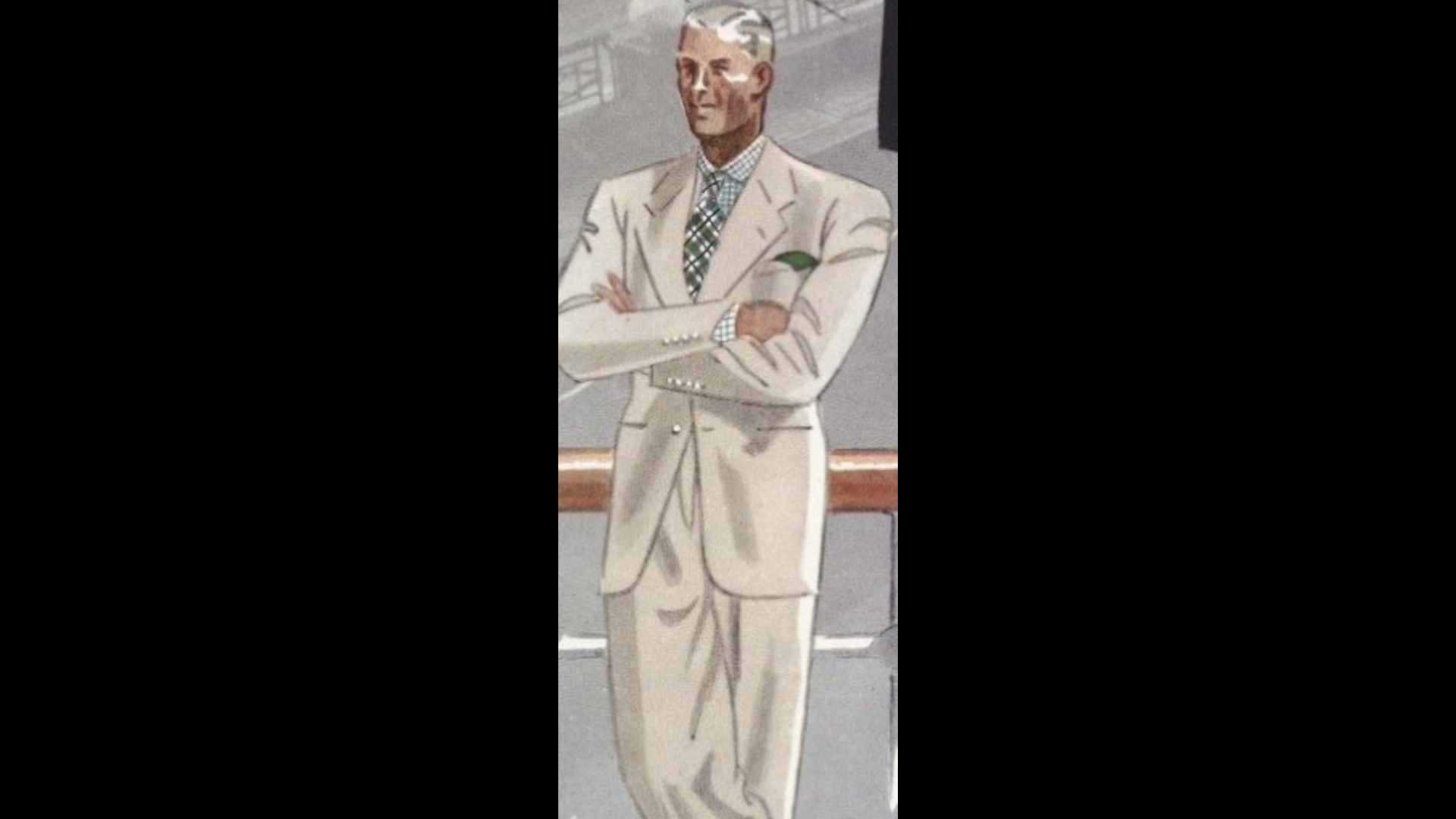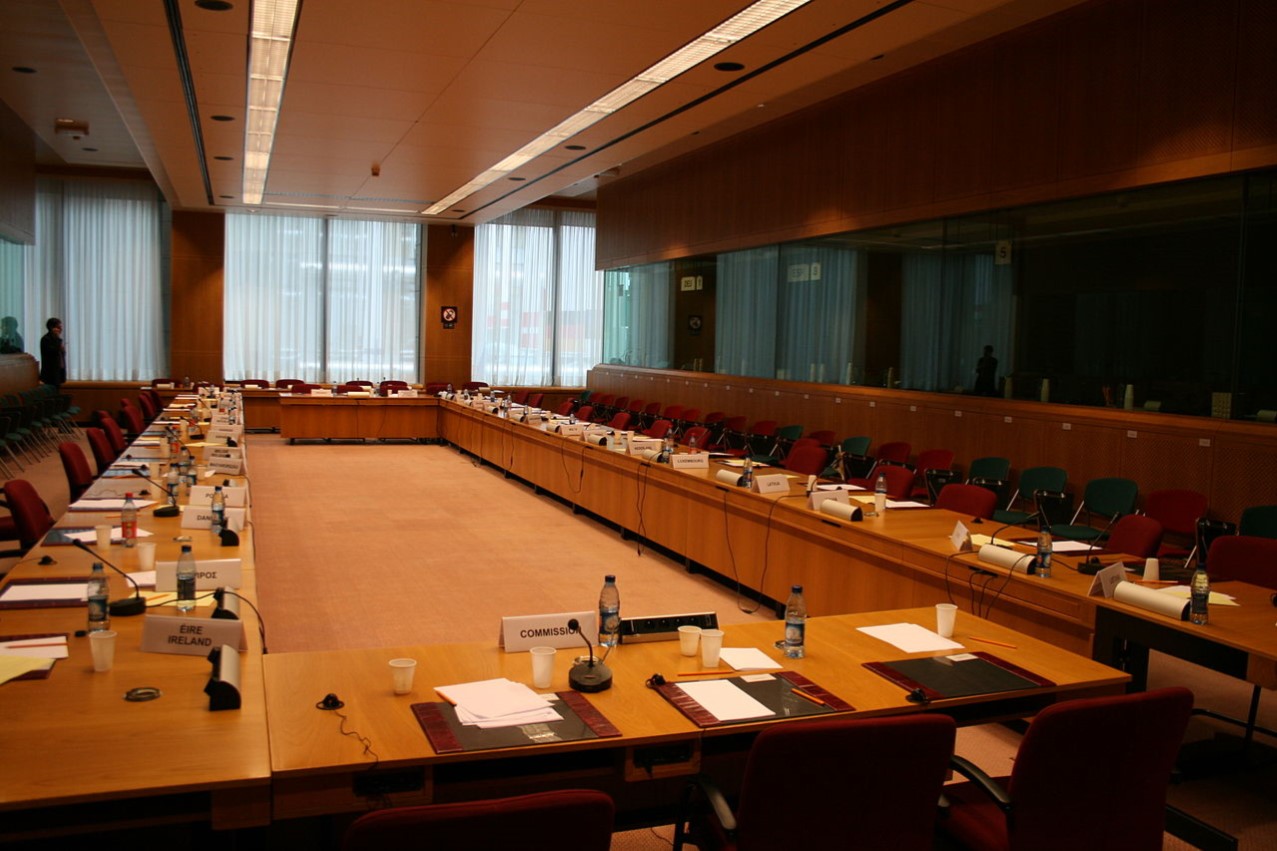Return to Grace
In a world that observes every vapid stirring by the icon du jour from Kardashian to Cyrus, wouldn’t it be lovely to take a refreshing break from it all and return to a time before reality television and cell phones. And if we must look to icons, why not go back in time when Grace Kelly and Audrey Hepburn defined the meaning of elegance, Marjorie Merriweather Post ruled the social scene with graciously adorned tables, and Miss Manners was alive, well, and respected.
One could argue we would be trading just one set of fame seekers for another, but at least we could learn something useful in the process. Like how to set a table for loved ones to enrich a homemade meal, how to properly butter a roll during a lunchtime interview, and how to show respect to one another by holding a door.
Our world moves fast and furiously, and we have traded our precious moments for cyber seconds. We look down, not at or, more important, up. We don’t hold doors for others because deference is the last thing on our mind with text messages demanding our three-word, lower-case, void-of -punctuation response. We have become a world of cyber-aged disengagers.
Here in the South, we still occasionally let others in front of us in traffic. We probably would do it more often if folks would give a simple wave of acknowledgment for our kindness. When we’re in line in a store and another cash-out station opens up, we no longer look to see who was “rightfully” next before we jump lines and race to claim a more favorable position. We’ve lost our way. There has not been a time when we have needed the refreshing, classical elements of human interaction more than now.
Return with me, in this post at least, to the days of the true image makers…our mothers and grandmothers and what they taught us about grace and consideration for other people’s needs. Let’s teach our own loved ones these simple acts of kindness and good manners. In this and other posts to follow, let’s return to grace.
I shall start with my pet peeve and one of the first rules of etiquette our mothers and grandmothers taught us: the correct response to someone saying “thank you” is “you’re welcome.” Regrettably, we are hearing more and more the response of “no problem” to the otherwise gracious “thank you.”
To millions of Americans, myself included, “no problem” sounds disrespectful and passive-aggressive. All I want to do is show you my appreciation…not hear that a problem was created or averted for which forgiveness should be granted. When dealing with customers, this response could be harmful if the customer feels diminished by the interaction with one of your employees who suggests that the customer is in any way a “problem.”
Yet if you ask a millennial, likely they will believe just the opposite is true. To them, “you’re welcome” sounds stuffy and disrespectful. “No problem,” they say, is their way of indicating a shared responsibility and a mutual respect for those around them. Saying “no problem” is a way of letting you know that no thanks was needed, they simply want to show the kindness and grace every human being deserves. What’s more, some of the younger generation use “you’re welcome” sarcastically to point out when they haven’t been thanked and should have been. With this double meaning, is it any wonder that the new usage of “no problem” is confusing to any generation before the millennial?
We could debate this until the cows come home. I stand by my preference for “you’re welcome!” to a sincere thank you. I don’t want to hint at a problem being present in the interaction. We have enough friction in our world without inventing it in speech patterns. And, yes, “you’re welcome!” for this point of view.
Moving to my second pet peeve, our language has become overly casual. More to the point, our language has become casually profane—conversational swearing is becoming the new normal. We cuss at the drop of a hat and the f-bomb is often the adjective of choice. Vulgarity and obscenities have become fillers in our everyday conversation, and it’s not a gender thing. Women can be as casually profane as their male counterparts.
We were not taught this by our mothers and grandmothers. We’ve learned it from those aforementioned icons du jour, Hollywood, and the internet where almost anything goes. The influence of these image makers has lured us into thinking that peppering our speech with vulgarities is cool, progressive, and sophisticated. While being none of that, casual profanity has led us to a state of unprecedented inelegance. What can be elegant about a woman dropping the f-bomb?
Vulgarity is cheap and degrading to the user and the hearer. With so many magnificent words available which add richness and depth to our interactions, why even risk tainting your professional and personal image by using profanity.
Some would agree that our language “values” are shifting but that it isn’t necessarily better or worse, just different. At a time when elementary school teachers report that children are using more offensive language in school, is that really as benign as “different”? When young people use too many swear words to count in any given day, is that what we want to hear from our youth, the future leaders of our nation and world? The excuse is that these young people merely are using cuss words as fillers because they don’t know how to express themselves with other words. They better learn and learn soon.
Arguably, we compete and earn our way in the world through our ideas. Words most certainly matter. To truly have influence in the world, these young people need to know how to present their ideas in compelling and inspirational ways. Language is the way we get our ideas across, sell our solutions, build our nations, and interact as human beings. Words matter, and our mamas thought so, too, as they corrected us out of our lazy way of talking when we used profanity as filler in our conversations. We had to use our brains and search for the right words which helped stretch our brains to higher levels of performance. We were taught to act like young ladies and young gentlemen who displayed respect, dignity, integrity, and honor. We were more elegant, despite our own youthful leanings.
Grace is a lovely word. Grace is a lovely way of being. Please look for my next blog post where we return to grace. I will share more learnings from a classic era when mothers and grandmothers reigned over their flocks with velvet gloves of love and devotion in helping us be all we were meant to be.





What People Are Saying